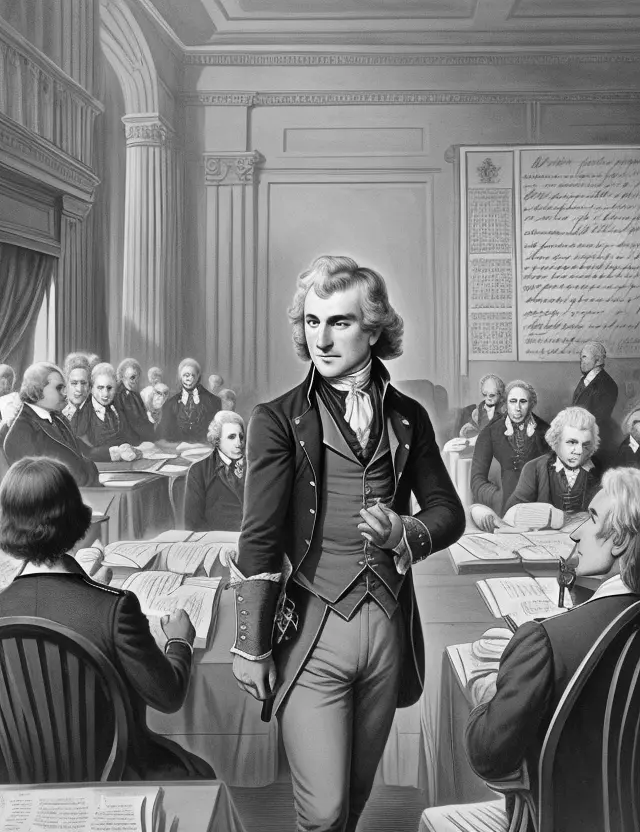Ratification of the Treaty of Paris: U.S. Independence Acknowledged
January 14, 1784

Ratification of the Treaty of Paris: U.S. Independence Acknowledged
On January 14, 1784, the United States reached a historic milestone as it formally ratified the Treaty of Paris, a document that officially acknowledged the nation's independence from Great Britain.
The Treaty of Paris
The Treaty of Paris, signed on September 3, 1783, marked the end of the American Revolutionary War. It outlined the terms and conditions under which Great Britain recognized the independence of the United States.
Formal Ratification
The formal ratification of the Treaty of Paris by the United States on January 14, 1784, solidified the nation's status as a sovereign and independent entity. This momentous occasion signaled the culmination of years of struggle and sacrifice for American independence.
Significance of the Treaty
The Treaty of Paris had profound implications for the United States. It not only secured diplomatic recognition of the nation's independence but also established the boundaries of the new republic. The treaty played a pivotal role in shaping the early history of the United States and setting the stage for its development as a sovereign nation.
Legacy and Celebration
As we reflect on the ratification of the Treaty of Paris, we recognize the significance of this moment in the history of the United States. The acknowledgment of independence paved the way for the nation's growth, development, and emergence as a key player on the world stage.
Commemorating a Pivotal Moment
Join us in commemorating the ratification of the Treaty of Paris on January 14, a date that marks the formal acknowledgment of the United States' independence and the beginning of a new chapter in the nation's history.



